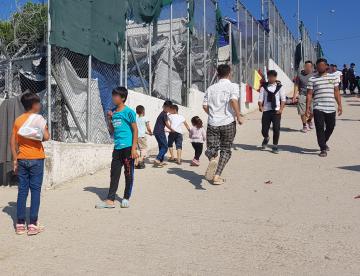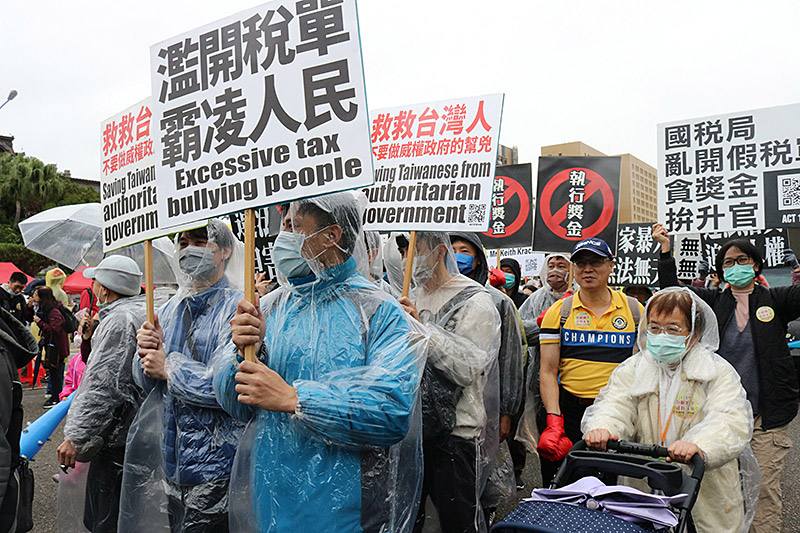Relocating unaccompanied children from Greece: what works and what does not
FRA (European Agency for Fundamental Rights) provides practical suggestions to the EU and its Member States on the relocation process. At the same time, FRA urges Member States to agree on a simple and practical workflow as soon as possible to avoid lack of clarity and delays in the relocation process.

Moria Refugee Camp, Greece, Oct 2019
FRA’s practical suggestions to relocate unaccompanied children from Greece builds on lessons learned from previous mandatory and voluntary relocation schemes.
The suggestions concern all stages of the relocation process:
•Identifying children for relocation
•Appointing a guardian
•Assessing the child’s best interests and providing information
•Preparing the departure and transfer
•Funding relocation of unaccompanied children
The practical suggestions are based on desk research and almost 50 interviews with national authorities and civil society organisations.
FRA conducted the interviews between November 2019 and March 2020 in 10 EU Member States: Belgium, Finland, France, Germany, Greece, Ireland, Italy, Malta, the Netherlands and Portugal.
In May 2020, the agency will publish a full report on the relocation of unaccompanied children.
It will explore the challenges and good practices gathered in the implementation of different relocation programmes since 2015.
The report will support national authorities to take measures, which fully comply with children’s fundamental rights and are practically feasible.
FRA: European Union Agency for Fundamental Right
Source: European Agency for Fundamental Rights
- 299 reads



